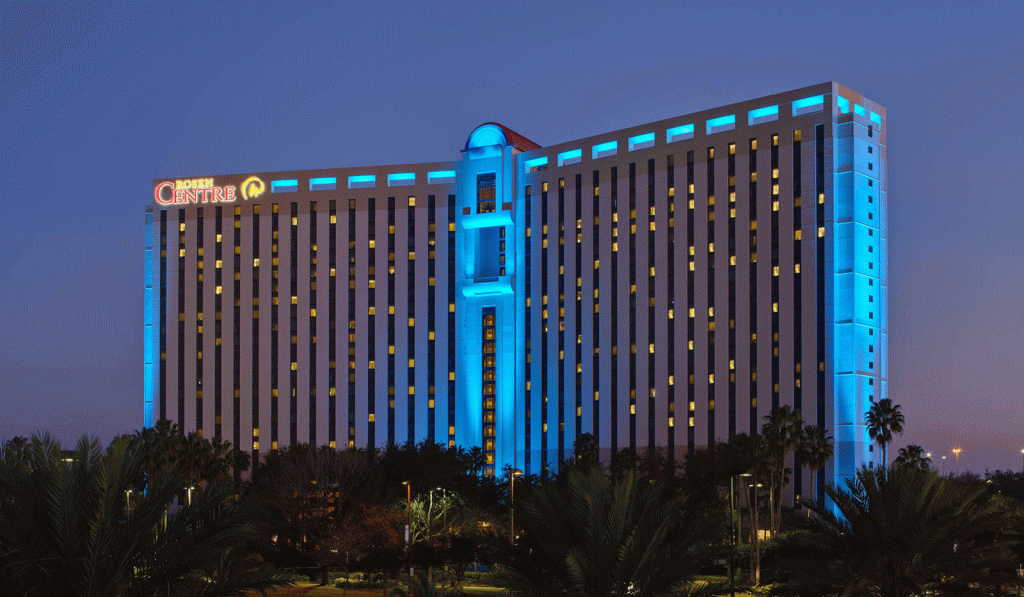A long growing season could prove to be a strength for stakeholders in the U.S. state of Florida as research is underway to find hemp varieties that will flourish in the state’s soil and climate.
Florida, where hemp research was legalized in 2017, is among 41 U.S. states that have defined industrial hemp as distinct and removed barriers to its production.
State setting framework
Meanwhile three bills were recently filed as the Florida Department of Agriculture works to set a hemp industry framework that meets federal requirements. The requirements are under the 2018 Farm Bill, newly enacted legislation that essentially made hemp a normal agricultural crop.
Opportunities in Florida’s nascent hemp industry will be explored at the Florida Industrial Hemp Conference and Exhibition set for Orlando Nov. 3-5, 2019. Speaker applications are still being accepted for the conference, organizers said.
In addition to two days of presentations, exhibitors across a wide range of sectors and hemp-specific disciplines are expected to show their products during the event at the Rosen Centre Hotel.
Research is ongoing
Research on hemp has been underway in Florida since 2017 when the University of Florida’s Institute of Food and Agricultural Sciences embarked on an Industrial Hemp Pilot Project aimed at identifying varieties that can be profitable for Florida growers while meeting environmental responsibilities.
The research program is partnering with industry groups and stakeholders in assessing the potential for farm earnings, market value and commercialization opportunities.
Florida’s hemp legacy
While hemp was grown in Florida up to the 1940s, the state’s legacy varieties were primarily for fiber to supply the U.S. and its allies with cordage and durable canvas during World War II. Stakeholders in Florida say those varieties are not readily transferable to the contemporary market for oil, seed, cannabinoids and specialty fibers of today.
Highlighted by a market forecast session, the November conference will explore a wide range of topics and hemp-specific sectors: Federal and state regulations and legislation; Food supplement and nutritional applications; pharmaceutical and cosmetics; cultivation and harvesting; decortication; crop components – seeds, greens, core fiber, root, bast fiber; construction and manufacturing; bio-composites and research; textiles; pulp and paper; Waste processing and handling; Analytical testing.
VIP Registration for the conference is $397 while standard accreditations are $297; representatives of governments and non-profit institutions may attend for $227. Sponsorship packages are also available.

